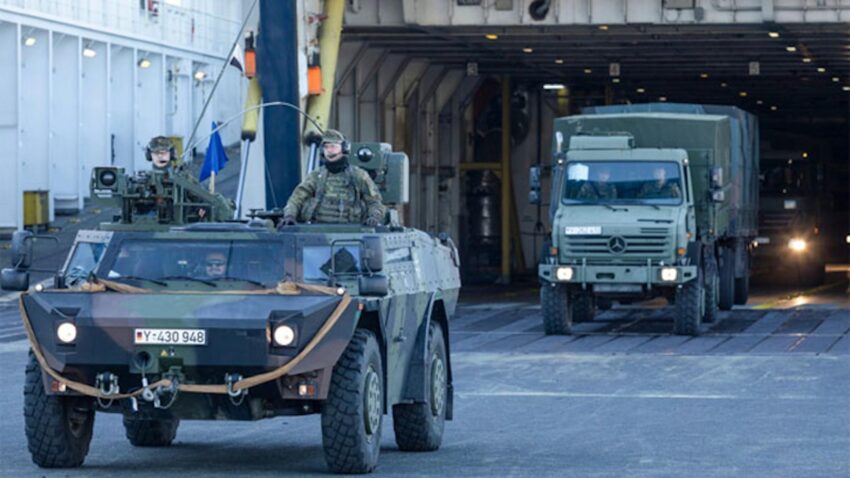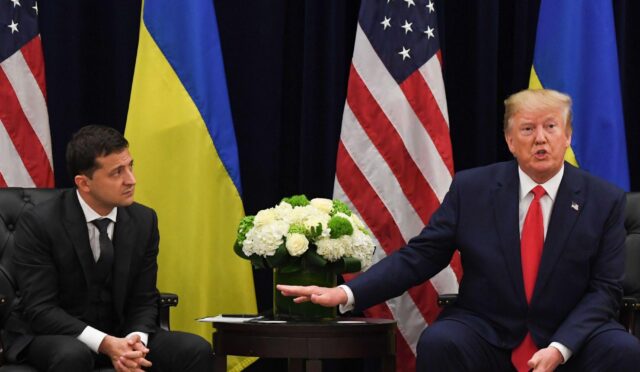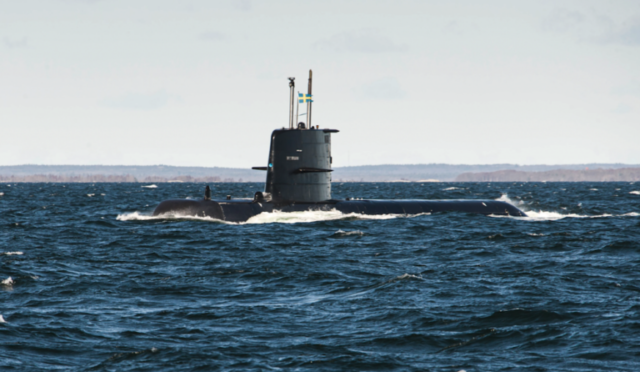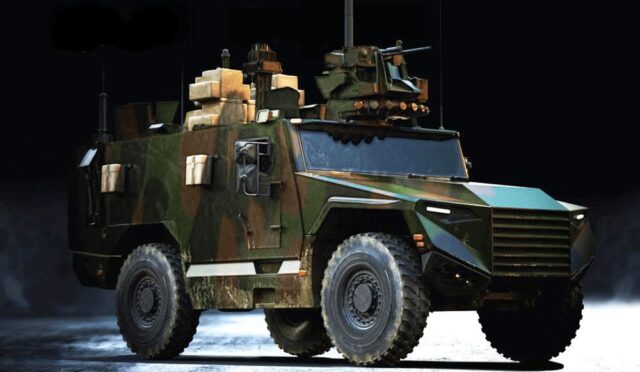Germany Military Brigade in Lithuania: A New Era Begins
Germany has launched the long-awaited long-term deployment of a military brigade in Lithuania, marking a historic milestone as this is the first instance of permanent troop stationing abroad since World War II. The formal initiation of this strategic move commenced with an inauguration ceremony held in Vilnius, which officially kicked off the operations of the German unit in the Baltic nation.
Currently, the brigade consists of 400 soldiers, with ambitious plans for expansion that will see this figure rise to 4,800 troops and an additional 200 civilian personnel. The main base for these forces is a state-of-the-art barracks complex situated in Rūdninkai, positioned in southeastern Lithuania near the Belarusian border. This facility is designed to house up to 3,000 soldiers and is equipped with a dedicated medical center.
Strategic Placement and Development
In addition to the primary base in Rūdninkai, another crucial site is located in Rukla, central Lithuania. Here, Germany plans to integrate NATO’s existing Multinational Battlegroup, establishing the brigade’s third combat battalion. This strategic placement is part of Germany’s commitment to enhancing NATO’s capabilities across the region.
Support services and infrastructure for personnel and their families will be provided in major cities such as Vilnius and Kaunas, further strengthening the military presence and community integration in Lithuania. The relocation of troops aims not just at improving military readiness but also at fostering better ties between And Germany and Lithuania.
Significance for NATO and European Security
The German Army emphasized that the permanent stationing of a heavy brigade comprising combat and support forces in the Baltics sends a powerful signal of strength and accountability across Europe. This move is regarded as Germany’s most significant contribution to bolstering NATO’s Eastern Flank in response to increasing security tensions in the region.
In the wake of the ongoing conflict between Russia and Ukraine, both Germany and Lithuania are reinforcing their military cooperation. Earlier this month, Germany announced a significant increase in its military spending aims, targeting a defense budget equivalent to 5 percent of its GDP. In a similar vein, Lithuania, known for being one of NATO’s top defense spenders relative to its GDP, has pledged to enhance its military investments, planning to allocate between 5 to 6 percent of its GDP annually for defense from 2026 to 2030.







